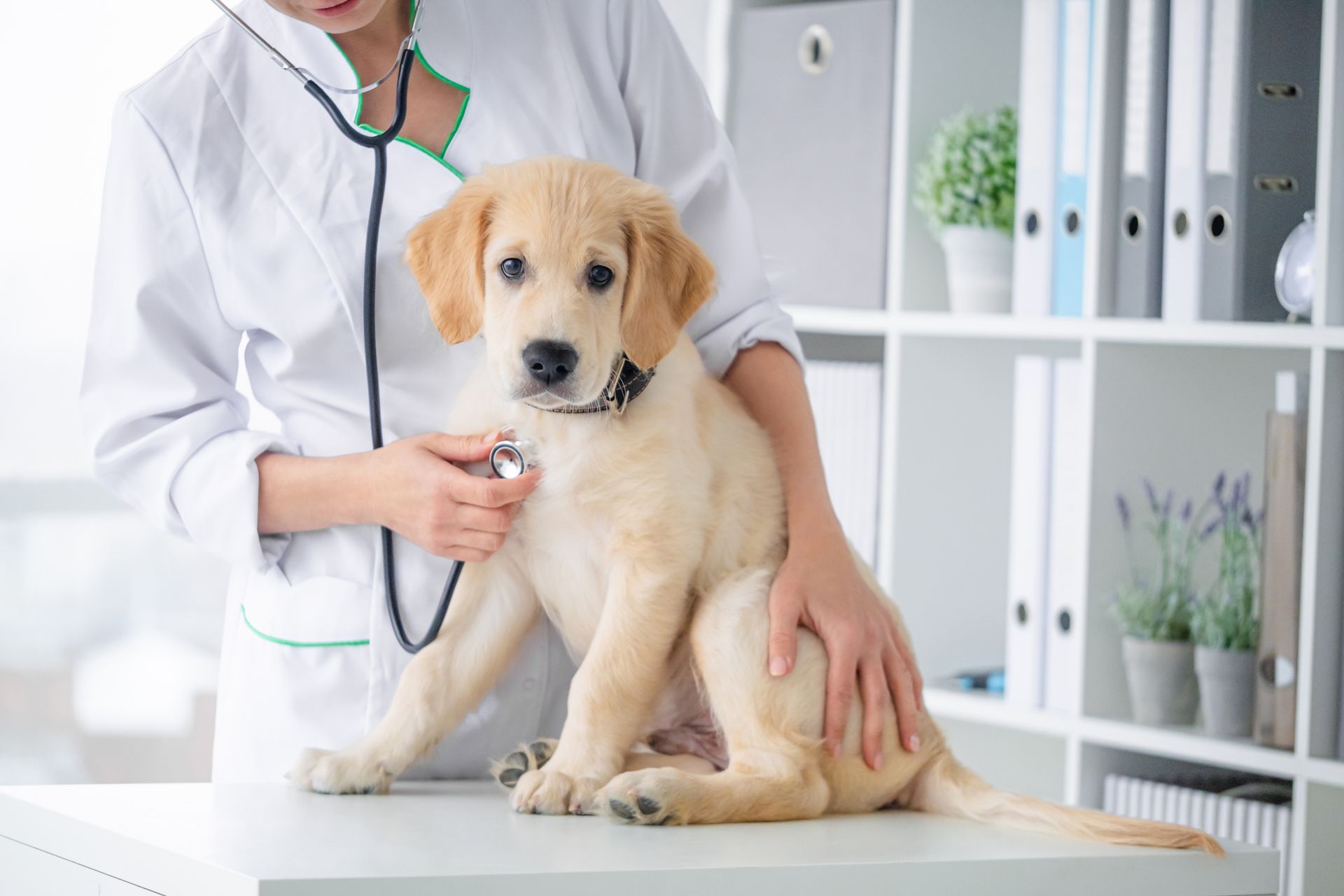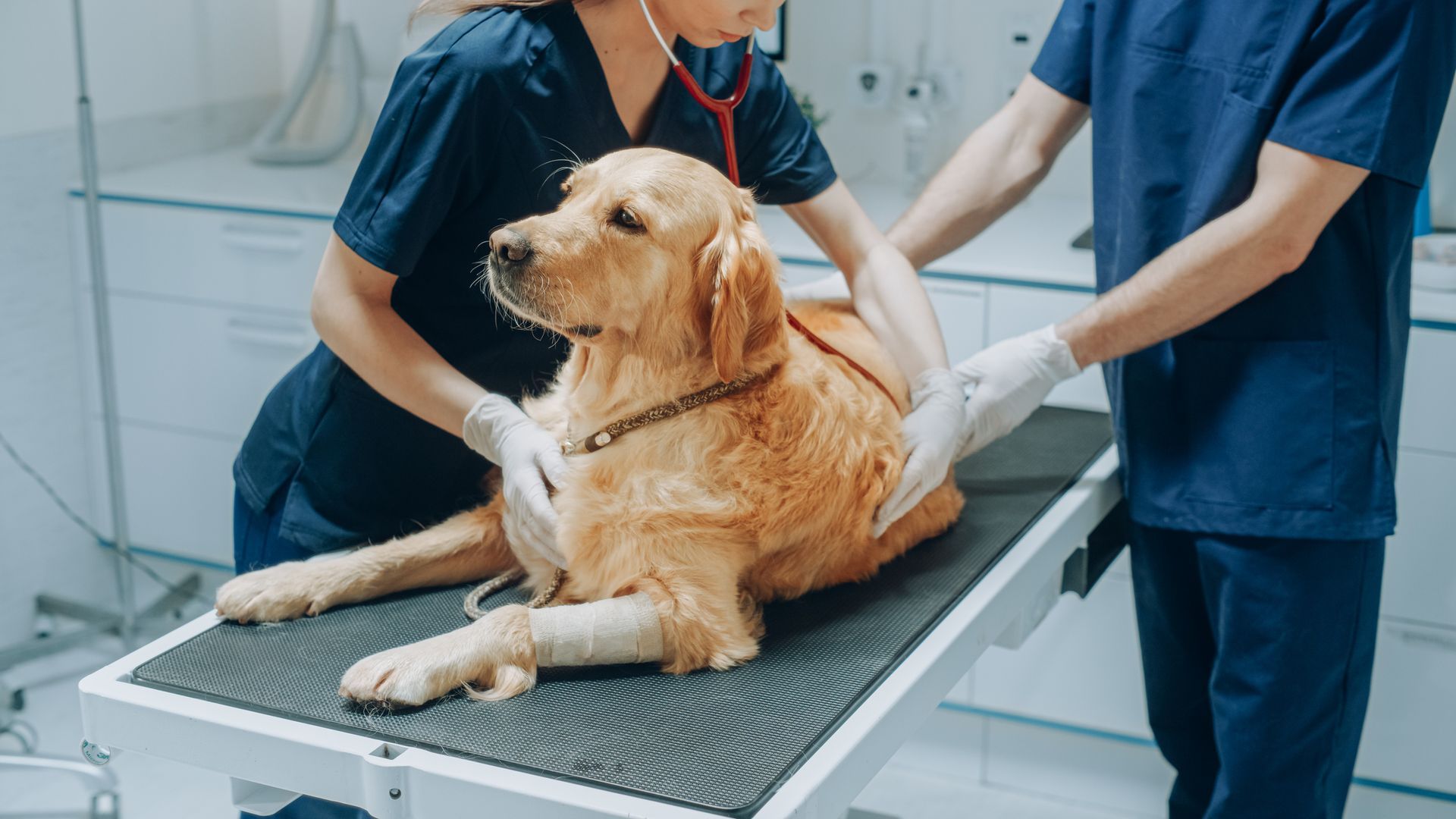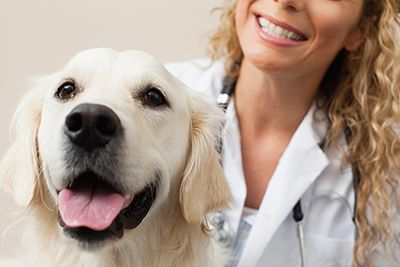Essential Preventive Veterinary Services for Pets
Essential Preventive Veterinary Services for Pets
Responsible and loving pet owners will take their pets to an animal hospital for treatment at the first signs of a serious illness. However, animal hospitals also provide extensive preventive care services to keep pets in optimal health and prevent common illnesses.
Preventive care consists of both universally required components such as vaccinations and personalized treatments focused on the health and wellness needs of each individual pet. This requires adherence to structured vaccination schedules for all pets according to age, risk, and local statutes. Preventive care also includes regular physical exams, and the frequency is determined by the age and physical conditions of individual pets.
This post discusses both elements of preventive care.
Standard Vaccinations for Dogs and Cats
Vaccinations for dogs and cats are grouped into two distinct groups. Core vaccinations are administered to prevent diseases that are life-threatening, pose a greater risk of exposure, or are zoonotic (can be spread from pets to people).
Non-core vaccinations are administered according to the lifestyle and location of pets, which determines their risk of contracting individual diseases.
Core Vaccinations for Dogs
Some of the core vaccinations for dogs include:
- Distemper: A highly contagious virus that can result in pneumonia, convulsions, paralysis, and death.
- Parvovirus: Spread by contact with infected fecal matter, it produces vomiting and bloody diarrhea and can kill a dog within 1-2 days.
- Canine Hepatitis: Contracted through exposure to infected body fluids, especially urine. This illness can cause liver damage and death.
- Rabies: A highly contagious virus, transmitted by saliva through biting, it is a zoonotic virus that is nearly always fatal unless early treatment is received.
Many states require these vaccinations, especially rabies vaccinations, as part of the dog licensing requirements.
Non-core Vaccinations for Dogs
These vaccinations are often less effective than the core vaccines but are generally used to prevent milder diseases under restricted conditions. For example, canine parainfluenza is a respiratory infection associated with kennel cough. This infection is widespread in pet boarding facilities, so the vaccination is suggested for dogs before boarding.
Canine influenza, a different strain of respiratory infection is highly contagious but regional in outbreaks, so vaccinations are administered according to risk.
Core Vaccinations for Cats
Some of the core vaccinations for cats include:
- Panleukopenia: Feline Distemper (similar to canine distemper)
- Feline Calicivirus: Symptoms include anorexia, fever, and joint pain
- Feline Herpesvirus Type 1: Upper respiratory infection with possible serious complications
In addition to these three vaccinations, rabies is also administered.
Non-Core Vaccinations for Cats
These vaccinations are suggested according to the risk of exposure and include Feline Leukemia, Feline Immunodeficiency Virus, and Bortadella, a strain of kennel cough.
Typical Evaluations Performed During Pet Physical Exams
While most healthy adult pets require only annual physical exams, very young or older pets may require more frequent visits. Pets with ongoing health issues may need more frequent checkups to maintain health and keep health problems under control. Standard evaluations at regular exams include:
- Heart rate and blood pressure testing
- Weighing to check for pet obesity
- Eyes for cataracts and infections
- Ears for infections and allergic reactions
- Skin and hair for signs of parasites and food allergies
- Mouth inspection to check for gum disease, teeth issues, and oral cancers
- Abdominal inspection to check for tumors, bladder stones, and abnormalities
- Blood testing for multiple diseases, blood cell counts, and cholesterol
- Urine testing for diabetes
- Fecal matter testing for the presence of intestinal parasites
- Paws and nails are inspected for signs of trauma, allergies, or grooming needs
dditional testing may be required if a veterinarian discovers signs of possible health concerns.
Pet wellness and disease prevention are equally important aspects of a successful veterinary practice. If you and your pet reside in the Morristown, Tennessee area, Appalachian Animal Hospital will be there for all of your pet's healthcare needs.







